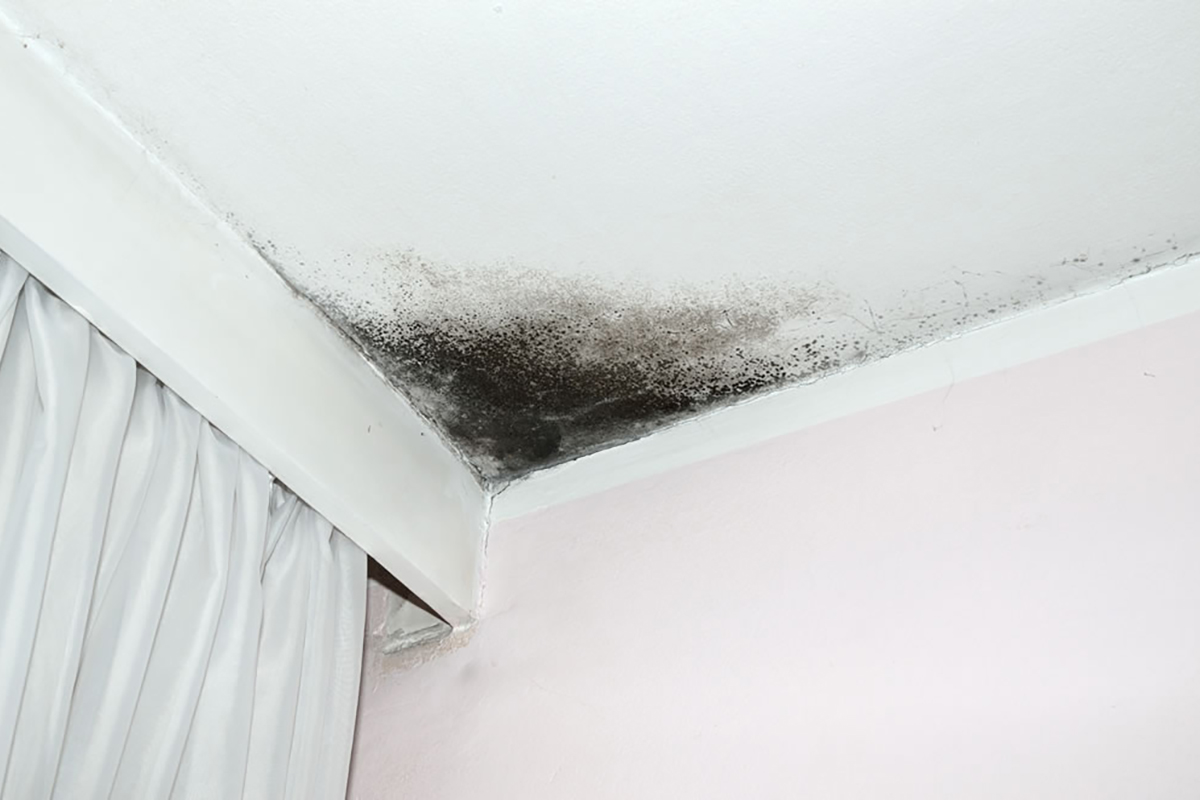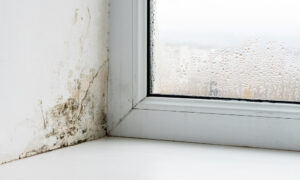Mold is more than just an unsightly blemish on your walls; it’s a hidden menace that can wreak havoc on your health and your home. As a homeowner, understanding the importance of mold inspection is crucial.
The presence of mold can signify underlying issues, like water damage or humidity problems, that need immediate attention. In this article, we’ll arm you with essential tips for identifying the signs of mold, the best practices for inspection, and effective strategies to prevent its growth.
Whether you’re dealing with a musty odor, discoloration on your surfaces, or simply want to safeguard your sanctuary, these insights will guide you to make informed decisions. Mold doesn’t wait for convenient moments, so let’s dive into what you need to know to protect your home and loved ones.
Signs of Mold Growth in Your Home
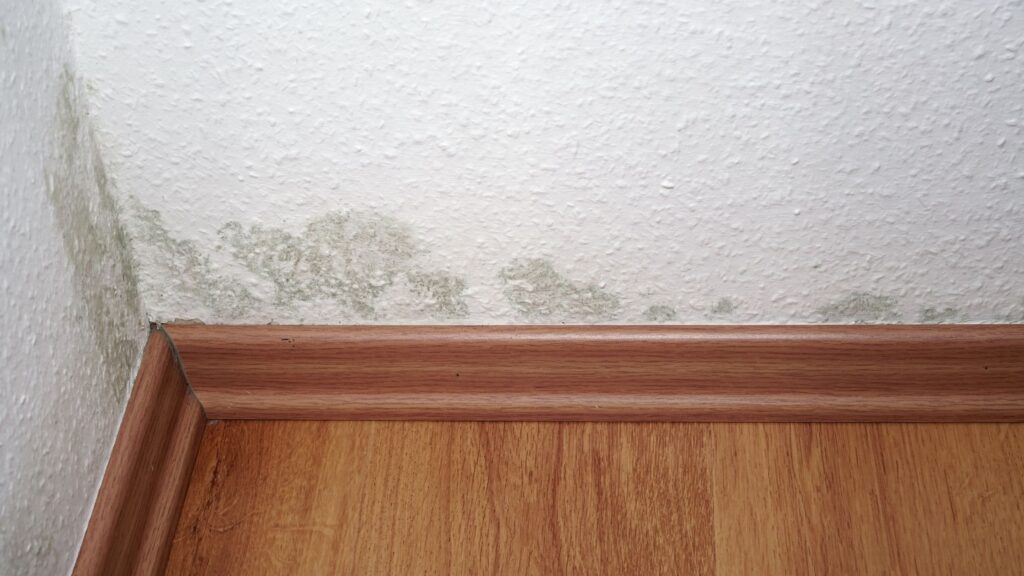
Source: cfrsfl.com
Detecting mold growth in your home can sometimes be a subtle affair, often hidden away in corners and crevices where light seldom reaches. The first clue may manifest as a musty, damp odor that seems to linger even in well-ventilated areas.
Look for visible signs—dark spots on walls or ceilings, fuzzy patches that emerge in the shower, or discolored areas on drywall, which may hint at water damage. Pay attention to increased humidity levels, especially in closed spaces, as this can create the perfect breeding ground for mold to thrive.
If you notice a persistent cough, sneezing, or other allergy-like symptoms among your household members, it might not just be seasonal allergies; mold spores could be to blame. Sometimes, you might even see tiny black specks or clusters that set off alarm bells.
Be vigilant—early detection is crucial to curbing potential health risks and disastrous damage to your home.
DIY Tools vs. Professional Equipment
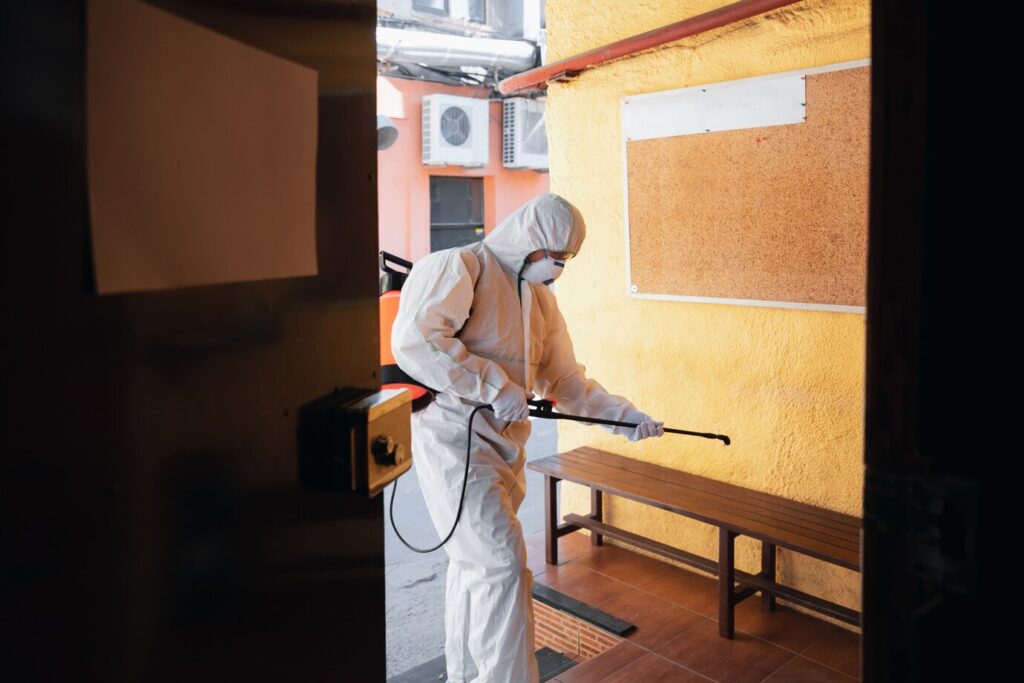
When contemplating mold inspection, homeowners often find themselves at a crossroads: should they rely on DIY tools or invest in professional equipment? DIY options, like moisture meters and simple testing kits, can be readily accessed and are budget-friendly, allowing homeowners to undertake preliminary assessments without breaking the bank. However, while these tools provide basic insights, they often fall short in precision and comprehensiveness.
On the other hand, professional equipment, such as infrared cameras and air sampling devices, reveals a deeper understanding of mold presence and moisture levels, helping to identify hidden problems behind walls or beneath floorboards. The choice, therefore, hinges on your comfort level with potential mold issues and whether you prefer to take a risk with limited insights or seek thorough, reliable evaluation from seasoned experts.
In the end, understanding the strengths and limitations of both approaches is essential for effective mold detection and remediation.
Prevention Tips to Avoid Mold Growth
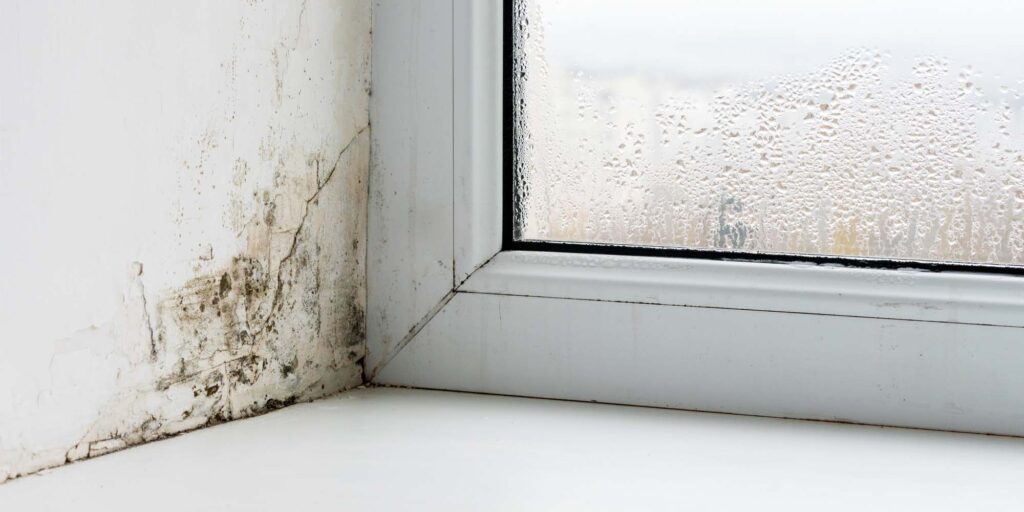
Source: progressive.com
To effectively prevent mold growth in your home, it’s essential to maintain a vigilant approach to moisture control. Start by ensuring adequate ventilation in areas prone to humidity, such as bathrooms and kitchens; consider installing exhaust fans that can whisk away excess moisture after cooking or showering.
Regularly inspect your plumbing for leaks and fix any issues promptly—water pooling under sinks or behind appliances can create a hidden haven for mold spores. Additionally, it’s wise to keep indoor humidity levels below 60 percent; using dehumidifiers in damp areas can make a significant difference.
For an extra line of defense, ensure your home has proper drainage to divert water away from your foundation, and inspect your gutters regularly to prevent blockages that could lead to leaks. Regularly cleaning and maintaining your home not only keeps it looking its best but also significantly lowers the risk of mold taking hold.
Conclusion
In conclusion, mold inspection is a crucial aspect of maintaining a healthy and safe living environment for you and your family. By being proactive and familiarizing yourself with the signs of mold growth, you can address potential issues before they escalate.
Regular inspections, proper ventilation, and immediate remediation can significantly reduce the risks associated with mold exposure. If you suspect mold in your home, don’t hesitate to contact a professional Mold Inspection Company to conduct a thorough evaluation and ensure the well-being of your household. Taking these steps will not only protect your property but also enhance your overall quality of life.
